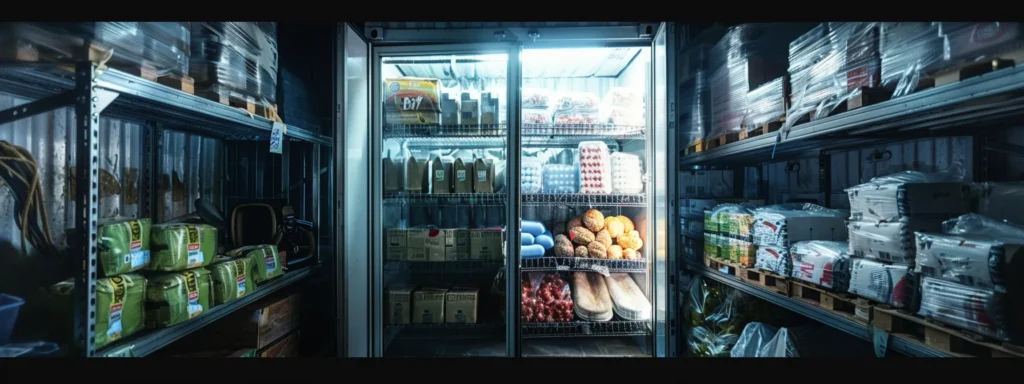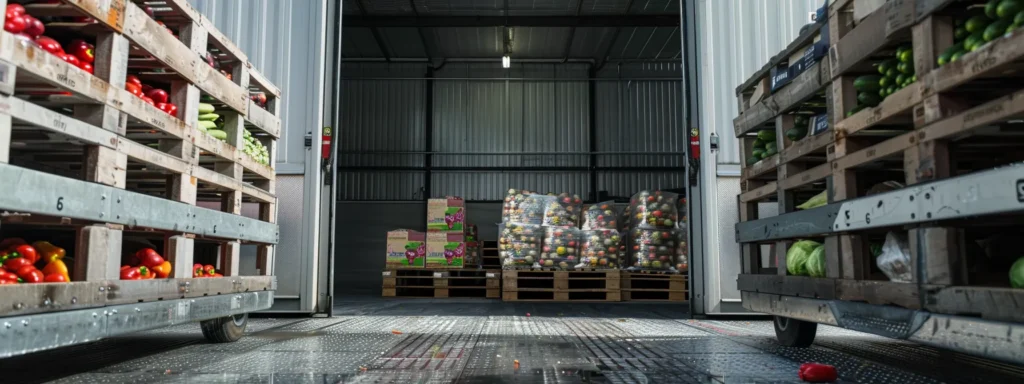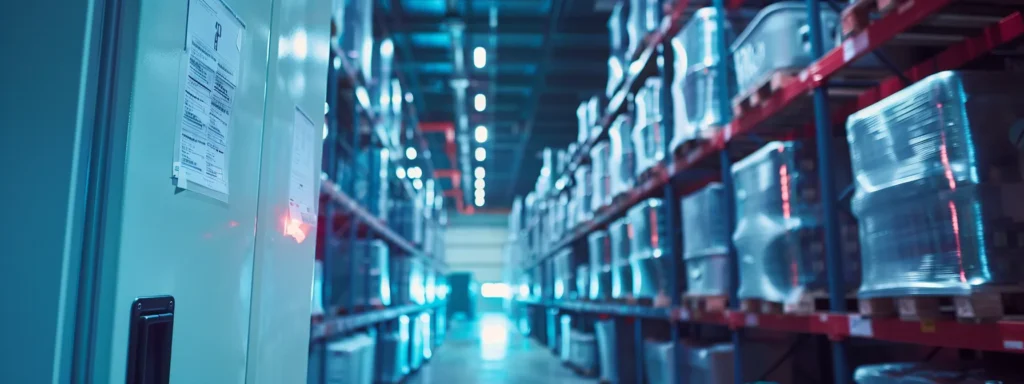In the ever-evolving landscape of global trade, the transportation of perishable goods presents unique challenges. Temperature-sensitive products such as food, pharmaceuticals, and flowers require special handling to maintain freshness and prevent spoilage. Cold shipping services provide the essential climate-controlled environment these products need from origin to destination. In this article, we will explore the importance and advantages of utilizing cold shipping services for your perishable goods logistics. Keep reading to understand why it’s crucial for the integrity, safety, and sustainability of temperature-sensitive products.
Leveraging Technological Advancements in Cold Shipping for Competitive Advantage

The integration of technology into cold shipping services has revolutionized the way perishable goods are transported. Modern cold storage facilities and transport units come equipped with real-time monitoring systems that allow for immediate adjustments in temperature, ensuring optimal conditions at all times.
Advanced tracking systems also provide companies and their customers with visibility into the transport process, increasing transparency and trust. These technologies enable the proactive identification of potential issues before they lead to product degradation, setting the stage for advanced risk management.
By utilizing ColdTrack shipping services, businesses can stay ahead of the competition. Such services offer cutting-edge solutions, such as predictive analytics, to forecast and mitigate any anomalies within the supply chain. This level of control and foresight can be a significant market differentiator.
Preserving Product Integrity and Quality With Temperature-Controlled Solutions

Temperature variations can significantly impact the integrity and quality of perishable goods. Certain products require precise temperature settings to maintain their efficacy, such as vaccines or biotechnological materials. Cold shipping provides a controlled environment that supports the stability and potency of these sensitive items.
Freshness is a hallmark of quality, especially for consumables. Cold shipping solutions ensure that foods retain their texture, appearance, and taste by slowing down the decomposition process. Consumers thus receive products at the peak of their quality, which is a key driver of customer satisfaction and brand loyalty.
For highly valuable or luxury items, such as caviar or exotic fruits, maintaining product quality throughout transit is not just a preference, but a necessity. With the use of advanced refrigeration technology, cold shipping services guarantee that these premium goods reach their destination in exemplary condition.
Reducing Food Waste and Loss Through Effective Cold Chain Management

The impact of food waste on both the economy and the environment is enormous, and inefficiencies in the cold chain contribute significantly to this global issue. By employing robust cold shipping services, companies can significantly reduce the amount of food that gets discarded due to spoilage.
Ongoing monitoring and management of the cold chain ensure that perishable items are constantly kept in their required temperature range. This minimizes the risks of temperature excursions that can lead to premature spoilage, thus maximizing the shelf life of products and decreasing overall food waste.
As global awareness of sustainability grows, reducing waste has become a key objective for many businesses. Cold shipping services contribute to these sustainability efforts, helping companies meet their environmental goals and improving the overall efficiency of the supply chain.
Evaluating the Long-Term Cost Savings of Investing in Reliable Cold Shipping Services

Although the initial investment in cold shipping solutions may be high, the long-term cost savings can be substantial. By reducing spoilage and waste, businesses can save on the costs of products that would otherwise be unsellable, making cold shipping an economically wise choice.
In addition to minimizing losses, investing in reliable cold shipping services can also lead to cost efficiencies in energy consumption. Modern refrigeration units are designed with energy efficiency in mind, which can lead to reduced operational costs over time.
Lastly, by ensuring compliance with food safety regulations and maintaining high-quality standards, businesses can avoid the costly repercussions of product recalls and losses due to non-compliance penalties, reinforcing the economic argument for investing in dependable cold shipping solutions.
Overall, the strategic implementation of cold shipping services can be a transformative decision for businesses dealing with perishable goods. Not only does it safeguard product quality and extend market reach, but it also underscores a commitment to sustainability and customer satisfaction. As technology continues to advance and the demand for fresh, high-quality products grows, cold shipping will remain an essential component of successful supply chain management.